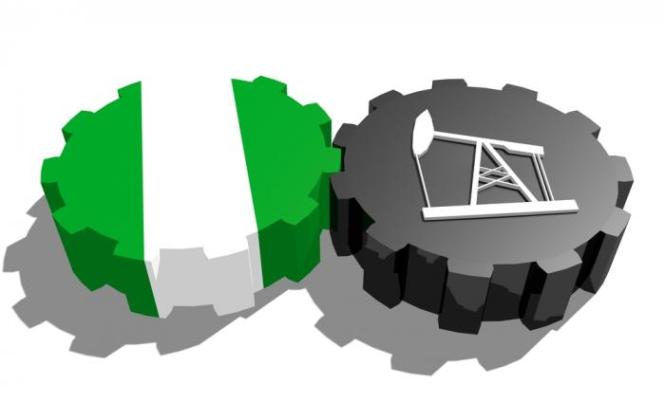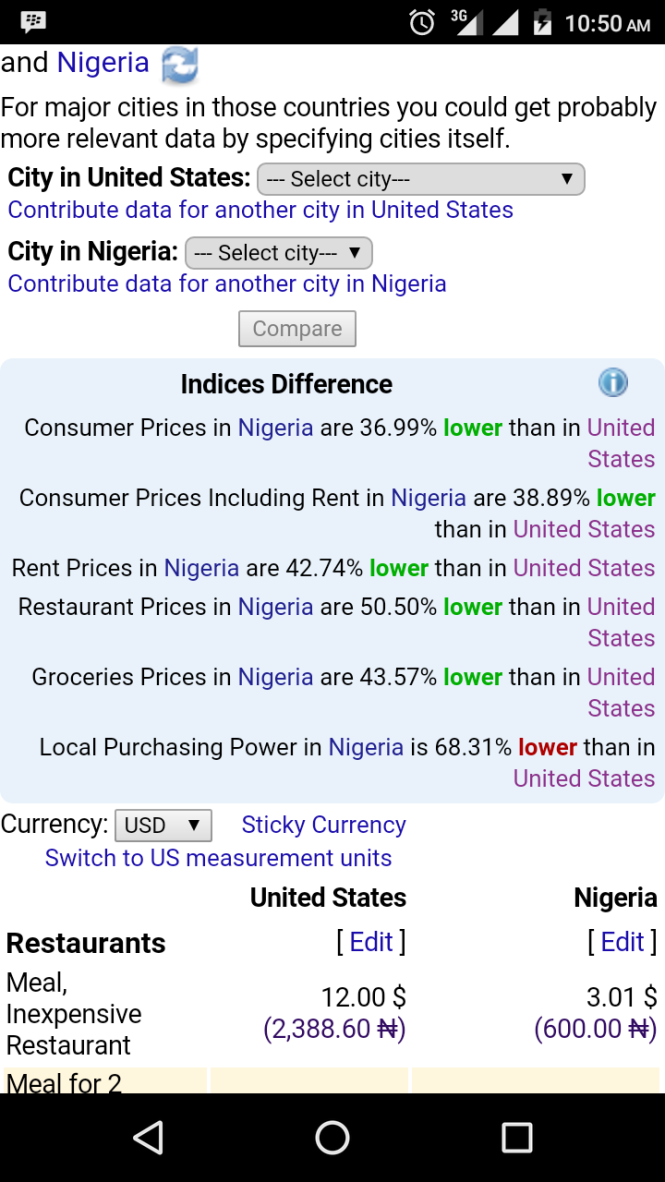We complain of Nigeria’s over dependence on oil as an economic resource, yet fail to see our over dependence on a few mental resources.
Our problem is stemmed in our limited mental diversification.
Majority of the country thinks alike, we have too few people thinking differently from the masses to effect serious changes.
We need to invest in mental diversification.
For example, the school curriculum was designed to churn out graduates that would fill voids in the civil service and industry. (A situation also noted by the foremost educator Sir Ken Robinson).
But there are no jobs to fill in both the civil service and the industry. So schools like a defective plant, keeps churning out square pegs to fit round holes.
Hence, the massive joblessness prevalent in a country with immerse mineral and natural resources.
There’s a need to mass produce a different mental class of graduates to provide a different class of mental resource to the nation, and to do that a different mental class of teachers is needed.
All this is just one human resource area of the country
The abundance and dependence of a certain mental class indicates strongly the type of nation that would exist.
For example China is a country filled with “witty craftsmen” and thus can fabricate and recreate anything they see or get their hands on. But the country on its own is not innovative or novel in idea conception, an indication of the absence of another mental class.
America on the other hand has an abundance of innovators and critical thinkers this is evident in the novelty of ideas and concepts which most often than not, exported to China for its translation to reality.
Nigeria is over dependent on two out of the 10 mental classes I know of: religious leadership and governance . The first being well developed while the latter underdeveloped, yet we are overly dependent on both of them.
Although this two classes are very important in any society, the suppression of the others lead to technical anomalies.
For example, Nigeria’s religious leaders are so well developed in their capacity that we export religion to 1st world countries yet import food.
Think about that.
God bless Nigeria
Jonnwakalo Okechukwu
Image source:http://www.economywatch.com/features/Should-Nigeria-have-Solved-Their-Oil-Dependence-Problem-by-Now1013.html
#commonsense #Nigeria


